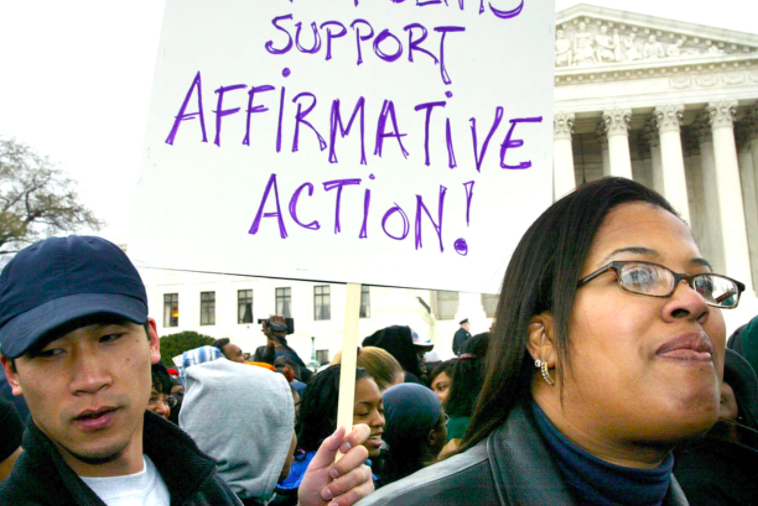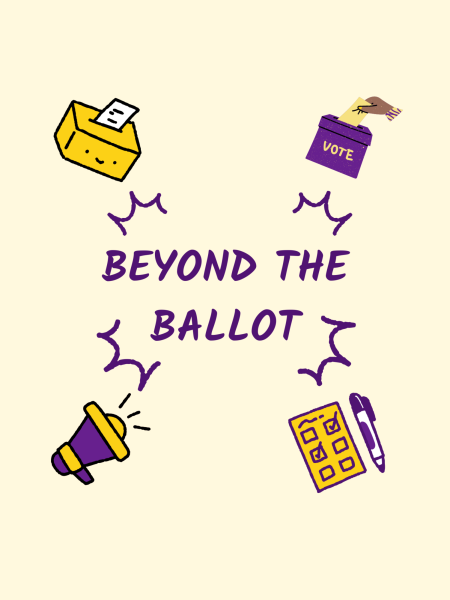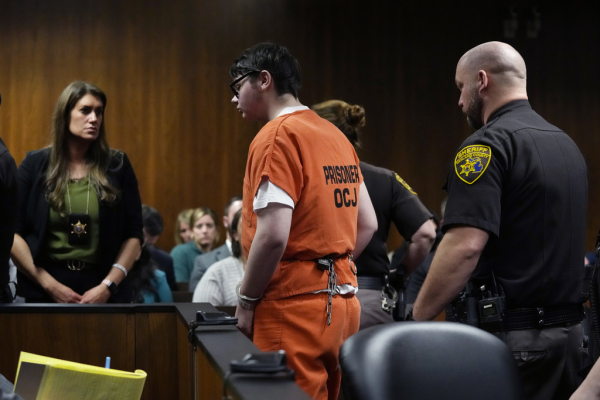Affirmative Action takes the Supreme Court by storm
Affirmative action is a set of procedures specifically made to eliminate discrimination in the college admissions process. It also applies to the workplace and programs: Its main goal is to open and improve opportunities for minorities who have historically been discriminated against in policies and procedures.
It is also to promote diversity in places where voices are needed, voices necessary to be representative of all of America. Affirmative action usually uses remedies against discrimination based on creed, race, color, and national origin.
- What is happening at UNC and Harvard?
In recent news, the supreme court will hear two cases that may end affirmative action in higher education starting with incidents at Harvard and UNC. The court officially decided to take up both cases in the fall filed by the Students for Fair Admissions, a conservative group dedicated to ending racial classifications and preferences in college admissions.
Their website states that preferences are “unfair, unnecessary, and unconstitutional.” This case began in 2014 against Harvard and UNC, the group claiming that affirmative action was discriminatory towards white and Asian applicants.
Harvard responded to these claims, defending their programs, and said that “Harvard does not automatically award race-based tips but rather considers race only in a flexible and non-mechanical way; consideration of race benefits only highly qualified candidates; and Harvard does not discriminate against Asian-American applicants,” as found in their brief.
These Supreme Court-level cases may change the way we view college admissions and may change the entire course of how we view higher education itself. This could be an incredibly pivotal moment, whether it be negative or positive for the future of our college system.
- What’s happening at the supreme court level?
Not only is affirmative action being challenged at the college level, but the debate of the use of affirmative action is also prominent at the professional level. President Joe Biden confirmed that he will nominate a Black woman, Michele Childs, to replace Justice Stephen Bryer on the highest court.
Other justices and critics of the system say that this reflects how affirmative action is “affirmative racial discrimination.” The heavily conservative court mostly believes that Biden’s choice of Childs is simply looking at race and not her real qualifications.
Biden refuted these statements and responded: “I don’t see Michelle Childs as an act of affirmative action,” he said. “I do see putting a Black woman on the court making the court more like America. In the history of our country, we’ve only had five women serve and two African American men…Michelle Childs is incredibly qualified. There’s no affirmative-action component if you pick her.”
This debate on the high court level is proof of a growing dispute in America over affirmative action and discrimination. People argue against affirmative action for three main reasons: they believe it is reverse discrimination, rids groups of meritocracies, and undermines achievement.
Overall, the growing concern is that affirmative action is unfair and unjust and makes skill meaningless to colleges and workplaces as a collective. However, the true meaning of affirmative action is meant to improve organizations and achieves that goal. People stand with this system because it gives minorities and disadvantaged groups the chance to attain education and employment. It also has many supporters because families who are disadvantaged can receive grants and scholarships to boost education and help regardless of socioeconomic status.
Affirmative action encourages equal opportunity and pay and develops human capital in the economy. Affirmative action is prevalent in our country today, and the future of the system relies upon the hands of the supreme court.












































